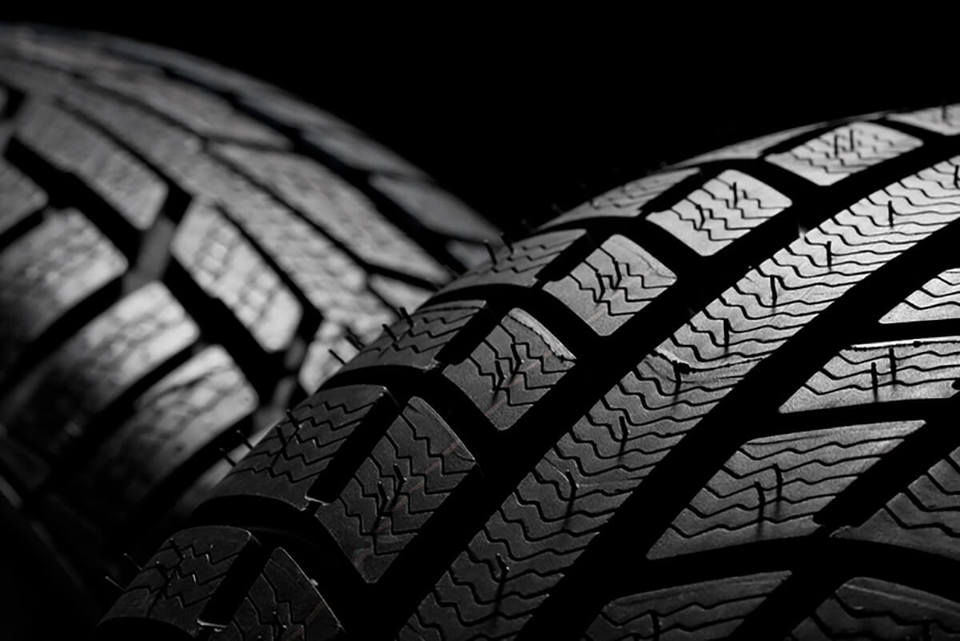Fleet managers could improve a vehicle’s fuel efficiency by as much as 10% by adopting ‘better tyres’ according to new campaign.
The Campaign for Better Tyres aims to encourage the uptake of energy efficient, quiet and safe tyres.
By choosing ‘better tyres’ fleet managers could also cut a vehicles’ CO2 emissions by up to 10%, reduce rolling noise by almost half and improve wet weather braking and handling – reducing stopping distance by as much as 18 metres.
There is a small price premium by choosing fuel efficient tyres but this will be paid back by the fuel savings achieved. The payback period for switching to the most fuel efficient tyres from average tyres is estimated at around six-eight months for cars and 2.5 months for vans.
There is no evidence that low noise tyres come at a price premium.
James Grugeon, chief executive of Environmental Protection UK, the national charity which is running the campaign, said: “Better tyres help us improve vehicle efficiency to reduce fuel bills, whilst at the same time cutting carbon and improving public health.
“If we all used energy efficient, low noise and safe tyres we could save 6.6 million tonnes of oil a year in Europe by 2020. We could also reduce CO2 emissions by as much as four million tonnes per year – equivalent of taking 1.3 million cars from the roads – and reduce traffic noise by half.”
Transport Minister Norman Baker, who launched the campaign, said that getting the right tyres was “an important aspect of environmental policy”.
The campaign has been launched ahead of the new EU tyre labelling legislation (due to be introduced in November 2012) which will require all tyres to be labelled at point of sale with information on fuel efficiency, noise and safety.
Separate legislation will introduce stricter standards for tyres, although there are already tyres on the market which out-perform these standards.
The Campaign for Better Tyres website www.bettertyres.org.uk has guidance on sourcing better tyres as well as information on the EU tyre legislation and tyre maintenance.
The Environment Agency, the Institute of Car Fleet Management (ICFM) and Michelin are among the supporters of the campaign.
The campaign comes at a time when tyre manufacturers have been increasing prices in response to the rising cost of raw materials.
Continental said that the cost of natural rubber has climbed to a record level, unseen in the last 15 years.
Scott Benbow, pricing manager at Continental, said: “In 2010, the effect of the increase in raw material costs exceeded €450 million for the Continental rubber division businesses as a whole. Where we can, we have absorbed prices rises in raw materials by efficiency enhancements and mix improvements but there comes a point when this is no longer possible.”
The average price increase for Continental brand products on car, 4x4 and van is 5%.
Michelin meanwhile will be raising prices by 3% from May 1 for cars, vans and 4X4 tyres which it says is associated with raw material pricing – in particular the cost of oil and natural rubber.
This follows a price rise of 3% in May 2010.
Although no further price increases are planned at the moment Michelin cannot rule them out owing to the volatility in the price of oil.
“We’ll absorb cost where we can and avoid passing it on to the end user,” said Dave Crinson, sales manager at Michelin UK. “But fleet managers need to be prepared for possible further increases.”


















Login to comment
Comments
No comments have been made yet.